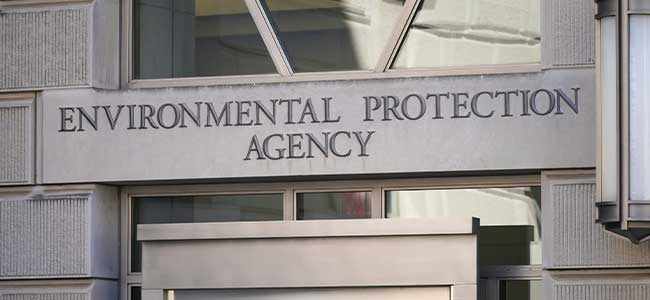
EPA Provides $2.8 Million to Support Developing Environmental Technology
The funding aims to address critical challenges such as PFAS contamination and waste management.
- By Robert Yaniz, Jr.
- Oct 29, 2024
The U.S. Environmental Protection Agency (EPA) has announced funding of $2.8 million to support seven small businesses in developing environmental technologies to address significant environmental issues.
According to a recent release, this funding comes from the agency’s Small Business Innovation Research (SBIR) program. These small businesses will receive roughly $400,000 each in Phase II awards, designed to support the commercialization of promising technologies following an initial proof-of-concept phase. The awarded projects focus on diverse issues, including PFAS destruction, indoor air purification during wildfires, food waste reduction, and enhancing disaster response systems.
“Congratulations to these small businesses for continuing to pursue innovative solutions to some of our most pressing environmental challenges,” Maureen Gwinn, acting assistant administrator of the EPA’s Office of Research and Development, said in a statement. “EPA is proud to invest in these small businesses as they work to help protect human health and the environment across many sectors and help grow the American economy.”
The companies receiving funding include:
- DiPole Materials, Inc., Baltimore, Maryland, to design a biodegradable filter made of electro-spun nanofibers to clean indoor air during wildfires.
- Fourth State LLC, Ann Arbor, Michigan, for a plasma treatment technology to destroy PFAS in complex water matrices.
- GreenLife Tech Corporation, Banner Elk, North Carolina, for an autonomous system that controls oxygen levels in refrigerators to preserve produce for a longer time.
- Holochip Corporation, Torrance, California, to build an artificial intelligence application to map sites to improve the safety and efficacy of disaster response.
- KLAW Industries LLC, Binghamton, New York, to produce a rapidly deployable, autonomous robotic sorting system to improve recycling facilities in disadvantaged communities.
- Valis Insights, Inc., Worcester, Massachusetts, to develop an automated and AI-driven technology that helps optimize the sorting process for metals recycling.
- Water Illumination, Inc., Riverside, California, to create a novel chemical-free UV based PFAS destruction technology for saline wastewater treatment.
More information on the winning projects is available on the EPA website.
About the Author
Robert Yaniz, Jr. is the Content Editor for Environmental Protection.